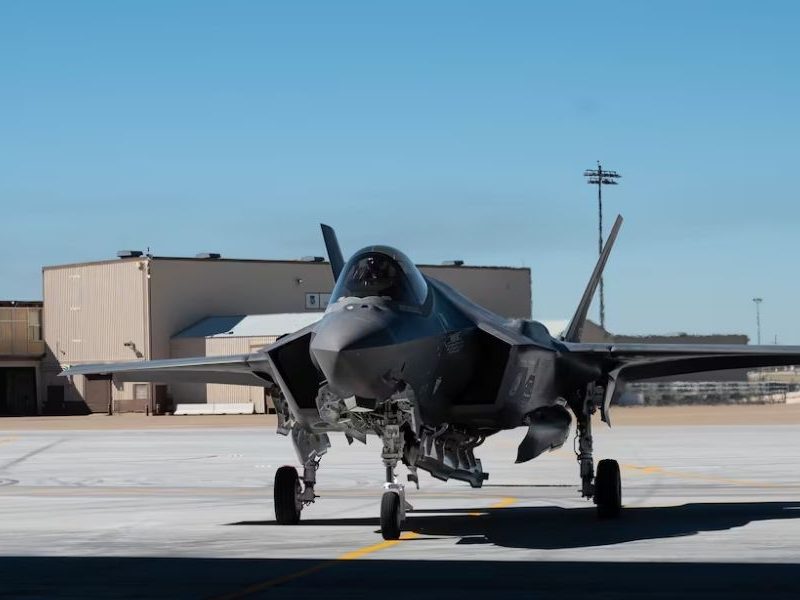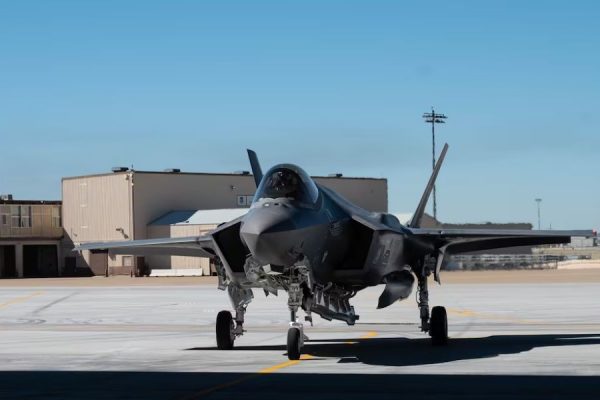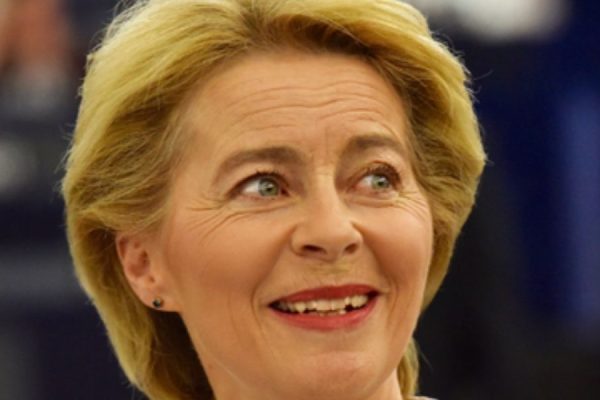Rabat: King Mohammed VI urged Moroccans to refrain from slaughtering sheep for Eid al-Adha due to severe livestock shortages.
Eid al-Adha, observed in June, marks Prophet Ibrahim’s willingness to sacrifice his son as commanded by God.
Muslims traditionally sacrifice sheep or goats, sharing the meat with family and donating portions to the needy.
Morocco’s livestock numbers have declined by 38% since 2016, mainly due to prolonged droughts, official reports indicate.
The King’s message, read by religious affairs minister Ahmed Taoufiq, highlighted economic and climatic concerns affecting the nation.
Severe Livestock Shortage
Droughts have drastically reduced Morocco’s sheep and cattle herds, limiting the availability of livestock for sacrifice.
Rainfall levels were 53% lower this year compared to the average of the last 30 years.
Scarce pastureland has made it harder for farmers to feed their animals, reducing overall livestock production.
Meat shortages have caused significant price increases in local markets, affecting consumers nationwide.
The ongoing crisis has forced authorities to explore solutions, including importing livestock from other countries.
Economic Consequences of Drought
The King stressed that religious obligations should not come at the expense of struggling Moroccan families.
Performing the Eid sacrifice under current economic conditions could worsen financial hardships for many.
High meat prices have placed a significant burden on lower-income households, limiting their ability to participate.
The government is working to balance religious traditions with economic stability to protect vulnerable communities.
Officials are implementing emergency measures to ensure food security and prevent extreme price surges.
Government’s Emergency Measures
To counter the crisis, Morocco has signed an agreement to import up to 100,000 sheep from Australia.
This deal aims to stabilize the market and provide relief amid domestic livestock shortages.
The 2025 budget includes the removal of import duties and value-added tax on cattle, sheep, camels, and red meat.
These steps are intended to lower costs for consumers and maintain stable meat prices.
Authorities are closely monitoring the situation to prevent further economic strain on Moroccan households.
Religious Guidance from the King
As Morocco’s supreme religious leader, the King reassured citizens that faith does not demand economic hardship.
Islam permits flexibility during difficult times, allowing exemptions when sacrifices become unfeasible.
Religious scholars emphasize that well-being takes precedence over rituals in times of financial distress.
The King urged Moroccans to find alternative ways to observe Eid while considering the country’s economic realities.
This decision aligns with Islamic principles that prioritize social welfare over religious formalities.
Future Plans for Livestock Recovery
Experts predict that Morocco’s livestock industry will take years to recover from consecutive droughts.
Authorities are investing in water management and sustainable agriculture to combat future shortages.
The government continues seeking international cooperation to ensure long-term food security.
Despite current difficulties, officials remain committed to preserving traditions while ensuring economic stability.
Moroccans are encouraged to prioritize national well-being and adapt to these challenging circumstances.












